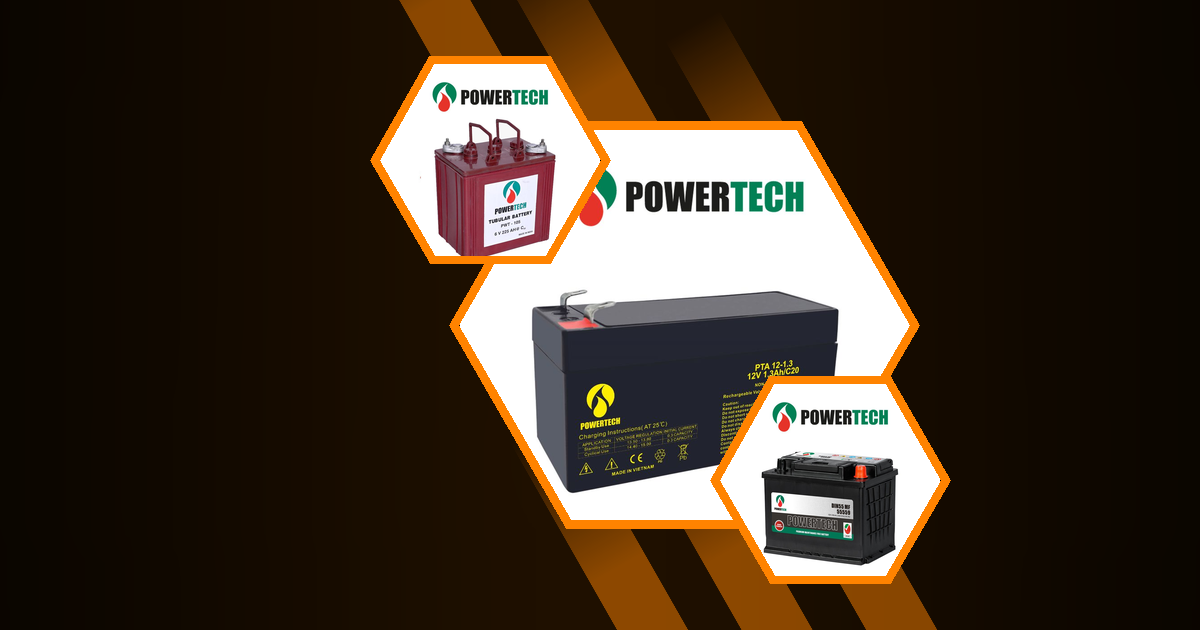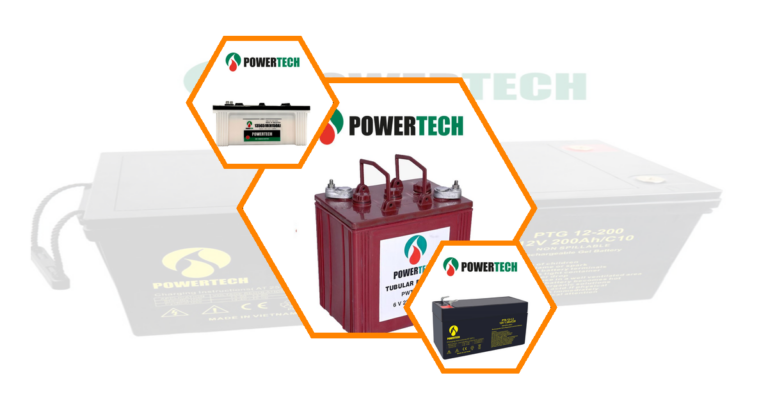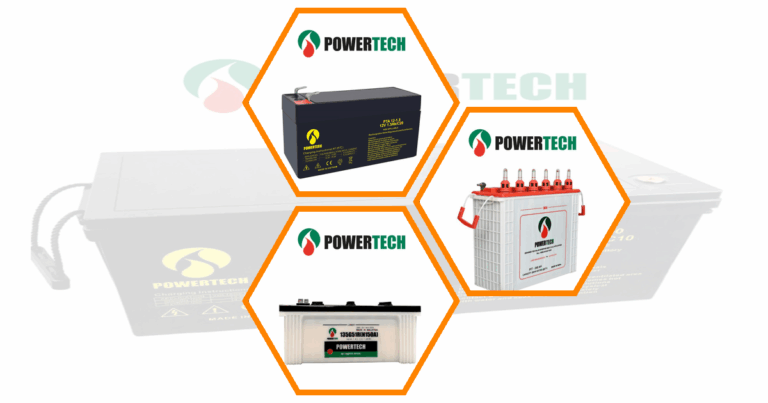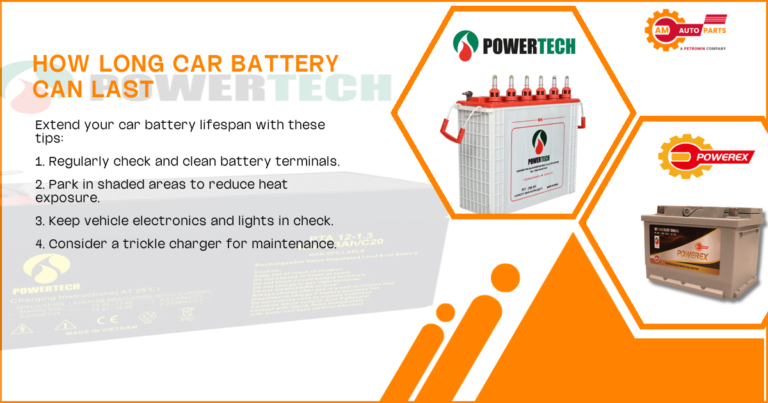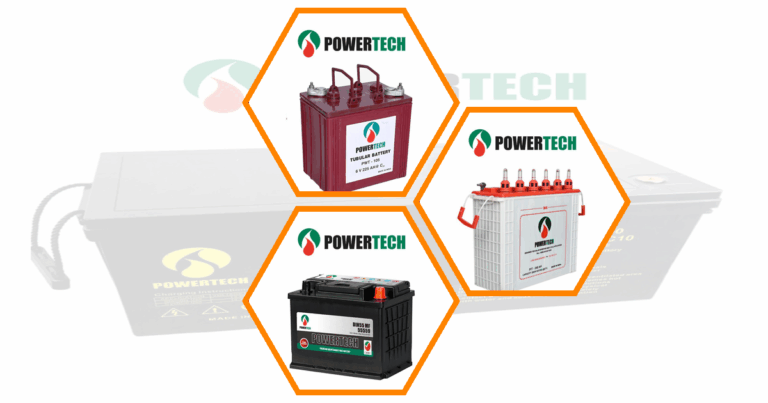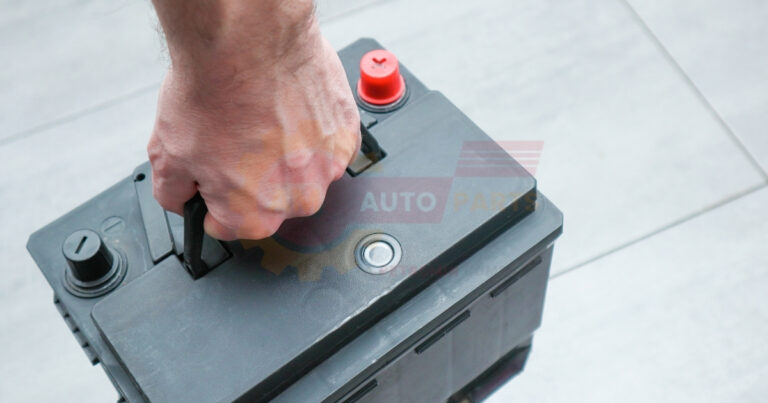Battery Sulfation in Heavy-Duty Trucks
What causes battery sulfation?
Battery sulfation occurs when lead sulfate crystals form on the battery plates. This happens when a battery is undercharged or left discharged for extended periods. In heavy-duty trucks, frequent short trips and long periods of inactivity can lead to sulfation. The accumulation of these crystals reduces the battery’s ability to hold a charge, ultimately affecting its performance.
- Undercharging and overcharging
- Long periods of inactivity
- Frequent short trips
Impact of sulfation on battery performance
Sulfation significantly impacts battery performance by reducing its capacity and efficiency. As the lead sulfate crystals build up, they hinder the chemical reactions necessary for the battery to function properly. This results in longer charging times, reduced power output, and a shorter overall lifespan for the battery.
- Reduced battery capacity
- Longer charging times
- Decreased power output
Detecting sulfation in truck batteries
Detecting sulfation early can prevent further damage to the battery. Signs of sulfation include a slow crank, dim headlights, and a battery that won’t hold a charge. Regular battery testing and inspection can help identify sulfation before it becomes a major issue.
- Slow engine crank
- Dim headlights
- Battery won’t hold charge
Maximizing Heavy-Duty Truck Battery Lifespan
Factors affecting battery longevity
Several factors influence the lifespan of a heavy-duty truck battery. These include temperature extremes, frequency of use, and maintenance practices. Proper care and regular maintenance can mitigate these factors, extending the battery’s life.
- Temperature extremes
- Frequency of use
- Maintenance practices
Average lifespan of truck batteries
The average lifespan of a heavy-duty truck battery is typically between three to five years. However, this can vary based on usage patterns and maintenance. Regular checks and proper care can help achieve the upper end of this range.
- 3 to 5 years average lifespan
- Varies with usage and maintenance
- Regular checks extend lifespan
Strategies to extend battery life
To extend the life of a truck battery, it’s essential to maintain proper charging levels, avoid deep discharges, and keep the battery clean and free from corrosion. Implementing a regular maintenance schedule can also help in identifying potential issues early.
- Maintain proper charging levels
- Avoid deep discharges
- Regular maintenance schedule
Essential Maintenance Practices for Truck Batteries
Regular inspection and cleaning
Regular inspection and cleaning of truck batteries are crucial for optimal performance. Checking for corrosion, ensuring tight connections, and cleaning the terminals can prevent many common battery issues.
- Check for corrosion
- Ensure tight connections
- Clean terminals regularly
Proper charging techniques
Using the correct charging techniques is vital for battery health. Overcharging or undercharging can lead to sulfation and reduced battery life. It’s important to use a charger that matches the battery’s specifications and to follow the manufacturer’s guidelines.
- Avoid overcharging and undercharging
- Use a charger that matches battery specifications
- Follow manufacturer’s guidelines
Electrolyte level management
Maintaining the correct electrolyte levels is essential for battery performance. Low electrolyte levels can lead to sulfation and reduced capacity. Regularly checking and topping up the electrolyte can prevent these issues.
- Regularly check electrolyte levels
- Top up as needed
- Prevents sulfation and capacity loss
Troubleshooting Common Battery Issues in Heavy-Duty Trucks
Identifying battery failure symptoms
Recognizing the symptoms of battery failure can prevent unexpected breakdowns. Common signs include slow engine cranking, dim lights, and frequent need for jump-starts. Addressing these symptoms early can save time and money.
- Slow engine cranking
- Dim lights
- Frequent jump-starts needed
Diagnostic tools and techniques
Using diagnostic tools can help identify battery issues before they lead to failure. Tools like multimeters and hydrometers can measure voltage and specific gravity, providing insights into the battery’s health.
- Multimeters for voltage measurement
- Hydrometers for specific gravity
- Early issue detection
When to replace vs. recondition
Deciding whether to replace or recondition a battery depends on its condition. If a battery is severely sulfated or damaged, replacement is often the best option. However, if the battery is relatively new and only slightly sulfated, reconditioning may be possible.
- Replace severely sulfated batteries
- Recondition slightly sulfated batteries
- Consider battery age and condition
Advanced Battery Technologies for Heavy-Duty Trucks
Lithium-ion vs. lead-acid batteries
Lithium-ion batteries offer several advantages over traditional lead-acid batteries, including longer lifespan, lighter weight, and faster charging times. However, they are more expensive and may not be suitable for all applications.
- Longer lifespan and lighter weight
- Faster charging times
- Higher cost
Smart battery management systems
Smart battery management systems (BMS) can optimize battery performance by monitoring and managing charge levels, temperature, and health. These systems can extend battery life and improve reliability.
- Monitor and manage charge levels
- Optimize battery performance
- Extend battery life
Future trends in truck battery technology
The future of truck battery technology includes advancements in energy density, charging speed, and sustainability. Innovations like solid-state batteries and improved recycling methods are on the horizon, promising better performance and environmental impact.
- Increased energy density
- Faster charging speeds
- Sustainable innovations
Optimizing Battery Performance in Extreme Conditions
Cold weather battery care
Cold weather can significantly impact battery performance. To optimize performance, it’s important to keep the battery warm, ensure it’s fully charged, and use a battery heater if necessary.
- Keep battery warm
- Ensure full charge
- Use battery heater if needed
Hot climate battery maintenance
In hot climates, high temperatures can accelerate battery degradation. Regularly checking the electrolyte levels, ensuring proper ventilation, and avoiding overcharging can help maintain battery health.
- Check electrolyte levels regularly
- Ensure proper ventilation
- Avoid overcharging
Heavy-duty truck battery sulfation prevention in harsh environments
Preventing sulfation in harsh environments requires regular maintenance and monitoring. Keeping the battery clean, ensuring proper charge levels, and using desulfation devices can help prevent sulfation.
- Regular maintenance and monitoring
- Keep battery clean
- Use desulfation devices
Cost-Effective Battery Management for Fleet Operators
Implementing a battery maintenance program
A structured battery maintenance program can save fleet operators time and money. Regular inspections, proper charging practices, and timely replacements can reduce downtime and extend battery life.
- Regular inspections
- Proper charging practices
- Timely replacements
ROI of proactive battery care
Investing in proactive battery care can yield significant returns. By extending battery life and reducing failures, fleet operators can lower operational costs and improve reliability.
- Extend battery life
- Reduce failures
- Lower operational costs
Heavy-duty truck battery sulfation impact on operational costs
Sulfation can increase operational costs by reducing battery efficiency and lifespan. Addressing sulfation through regular maintenance and monitoring can prevent these costs and improve overall fleet performance. Camper power safeguarding helps protect your camping electricity from problems It makes sure your devices stay safe and work properly when you’re outdoors Battery reliability solutions help make sure batteries work well for a long time
Automotive energy solutions help cars and trucks use different types of power to run These solutions include electric batteries fuel cells and cleaner fuels for vehicles
- Reduces battery efficiency
- Increases operational costs
- Regular maintenance prevents costs
Environmental Considerations in Truck Battery Maintenance
Proper disposal of old batteries
Proper disposal of old batteries is crucial for environmental protection. Batteries contain hazardous materials that can harm the environment if not disposed of correctly. Recycling programs can help ensure safe disposal.
- Hazardous materials in batteries
- Environmental protection
- Recycling programs
Recycling options for heavy-duty truck batteries
Recycling heavy-duty truck batteries can recover valuable materials and reduce environmental impact. Many recycling programs offer convenient drop-off locations and incentives for recycling old batteries.
- Recover valuable materials
- Reduce environmental impact
- Convenient drop-off locations
Eco-friendly battery alternatives
Eco-friendly battery alternatives, such as lithium-ion and nickel-metal hydride, offer reduced environmental impact compared to traditional lead-acid batteries. These alternatives can provide similar performance with less environmental harm.
- Reduced environmental impact
- Similar performance
- Less environmental harm
FAQs About Heavy-Duty Truck Battery Maintenance
How can I prevent heavy-duty truck battery sulfation?
Preventing sulfation involves maintaining proper charge levels and avoiding long periods of inactivity. Regularly using the truck and ensuring the battery is fully charged can help prevent sulfation.
What’s the average lifespan of a heavy-duty truck battery?
The average lifespan of a heavy-duty truck battery is between three to five years. Proper maintenance and usage can help achieve the upper end of this range.
Are there specific maintenance practices for different types of truck batteries?
Yes, different types of truck batteries require specific maintenance practices. For example, lead-acid batteries need regular electrolyte checks, while lithium-ion batteries require careful charge management.
How does heavy-duty truck battery sulfation affect overall vehicle performance?
Sulfation reduces battery capacity and efficiency, leading to longer charging times and decreased power output. This can affect the overall performance of the vehicle, causing issues like slow cranking and dim lights.
What role does temperature play in truck battery lifespan and maintenance?
Temperature extremes can significantly impact battery lifespan and performance. Cold temperatures can reduce capacity, while high temperatures can accelerate degradation. Proper maintenance can mitigate these effects.
How often should truck batteries be replaced?
Truck batteries should be replaced every three to five years, depending on usage and maintenance. Regular inspections can help determine when a replacement is necessary.
What are signs of a failing truck battery?
Signs of a failing truck battery include slow engine cranking, dim headlights, and frequent need for jump-starts. Addressing these symptoms early can prevent unexpected breakdowns.
Can sulfated truck batteries be restored?
Sulfated truck batteries can sometimes be restored if the sulfation is not severe. Reconditioning techniques and desulfation devices can help restore some capacity, but replacement may be necessary for heavily sulfated batteries.
